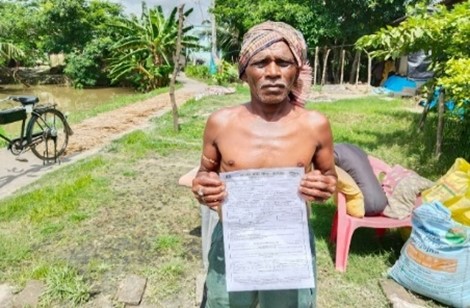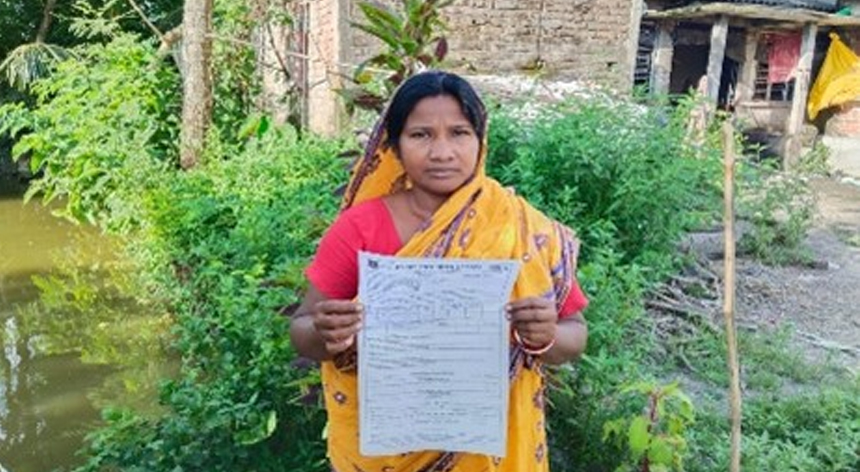In the lush delta of the Ganges, Brahmaputra, and Meghna rivers lies the Sundarbans, a region of immense natural beauty and biodiversity. However, beneath this picturesque landscape lies a harsh reality for its inhabitants, particularly its farmers. Vulnerable to the adverse impacts of climate change, including embankment breaches, salinization, and cyclones, these farmers face constant threats to their livelihoods.
Agricultural income, vital for the sustenance of many in India’s marginalized populations, remains highly susceptible to various risks. Among these risks, fluctuations in output and market prices loom large, creating significant challenges for small-scale farmers. Sunderbans, with its unique ecological setting, magnifies these risks, as the majority of farmers endure crop losses due to frequent cyclones and flooding.
Recognizing the urgent need to bolster the resilience of Sunderban farmers, the Global Program initiative in disaster risk reduction (DRR) has taken root. At its core lies a transformative approach: leveraging risk transfer mechanisms, notably crop insurance, to shield farmers from the vagaries of climate-induced disasters. This initiative not only aligns with the overarching goals of poverty reduction and food security but also holds the promise of promoting social inclusion and enhancing resilience to disasters, in line with Sustainable Development Goals (SDGs) 2, 10, and 13.
Under the Global Program, concerted efforts have been made to raise awareness about the importance of crop insurance and government safety nets. Through initiatives like the We4Resilience campaign, stakeholders have engaged in dialogue, fostering a deeper understanding of risk management strategies among farmers.
The program has built strong relations with the Government departments to build resilience of the community. In one of these initiatives Mr. Shankar Joseph Makhal, Program Coordinator of Palli Unnayan Samiti Baruipur (PUS), one of the program partner of Global Programme discussed the plight of farmers and the pressing need for risk mitigation measures with Mr. Abhishek Naskar, Assistant Director of Agriculture, Mathurapur II Block.
On July 19th, a crucial meeting between the PUS team and the Agriculture Department paved the way for the application of the “Bangla Shasya Bima” scheme. This initiative, launched by the State Government of West Bengal, aims to provide hassle-free crop insurance benefits to farmers, ensuring timely claim settlements in the event of crop losses.

The scheme’s comprehensive coverage encompasses various stages of crop cultivation, including prevented sowing/planting risks and post-harvest losses. By extending coverage against specific perils such as cyclones and unseasonal rains, the scheme offers a lifeline to farmers grappling with climatic uncertainties.
The response from Sunderban farmers has been overwhelmingly positive, with 1600 individuals from Kankandighi and Nagendrapur Gram Panchayats embracing crop insurance as a means of risk transfer. This transformative step not only safeguards their livelihoods but also instills a sense of hope and security in communities ravaged by climate-induced disasters.
Looking ahead, the success of the crop insurance initiative in Sunderbans serves as a milestone for vulnerable communities. By integrating risk transfer mechanisms into disaster risk reduction strategies, we can forge a path toward a more resilient and inclusive future. As we strive to achieve the Sustainable Development Goals, initiatives like these underscore the crucial role of collaboration, innovation, and community empowerment in building a more sustainable world.


Leave a Reply